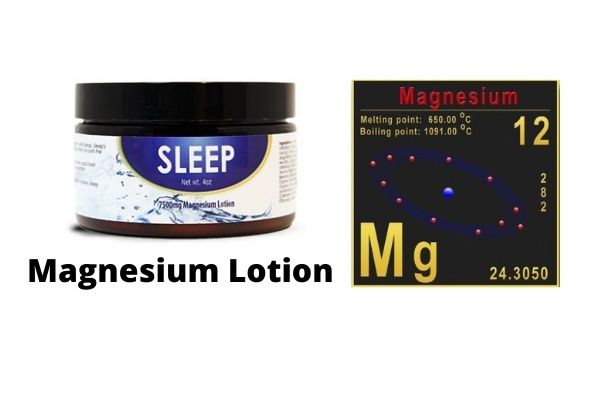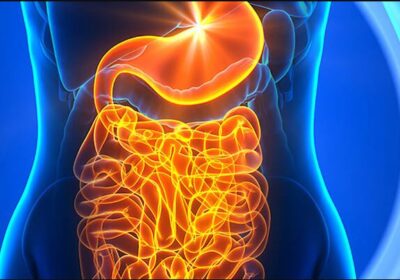Research has linked magnesium deficiency and sleeplessness in the elderly, and the young, concluding that:
(1) Supplementation of magnesium appears to improve subjective measures of insomnia such as Insomnia Severity Index score, sleep efficiency, sleep time and sleep onset latency, early morning awakening, and likewise, insomnia…. Source
The “elderly” subjects in the above study were aged between 60 and 69. Hmmm, well I don’t feel elderly – but hey, ho.
Also I have suffered from insomnia for years. I remember as a child fuming that my parents ‘sent me to bed’ when I wasn’t even tired. Years later, as a parent, I understood that this apparent ‘punishment’ was probably for their sanity rather than mine!
So, although more prevalent in the elderly, insomnia certainly isn’t confined to the over 60s.
(2) Another study into ‘short sleep’ looked at dietary nutrient (including magnesium) shortages for adults aged 19+. ‘Short sleep’ is defined as sleeping less than 7 hrs a night. Source
Magnesium in the Body
Magnesium is the fourth most abundant mineral in the body, accounting for approximately 0.05% of your total weight. About 54% is contained in teeth and bones, the remaining 46% in bodily fluids such as blood and saliva. It is essential for many bodily processes including energy production, tissue repair and maintenance, muscle function (including the heart), nerve impulse transmission and to ensure correct functioning of many enzymes and vitamins.
Signs of magnesium deficiency include: insomnia, nervousness, high blood pressure, muscle tremors/spasms/weakness, irregular heart-beat, constipation, fits or convulsions, lack of appetite, hyperactivity, depression, PMT, involuntary eye movements, confusion, painful swallowing, tooth decay, vertigo, anorexia, low blood sugar or tiredness.
From which you can conclude it’s a pretty important mineral.
Magnesium Food Sources
Good levels of magnesium are found in a whole-food diet containing plenty of nuts, seeds and green leafy vegetables. Particularly good sources are: wheat-germ, almonds, cashews, soybeans, whole grains, sea-foods, figs, Brewer’s yeast, buckwheat, Brazil nuts, peanuts, pecan nuts, cooked beans, garlic, raisins, peas, potato skin, corn, peaches, apricots.
So given that Magnesium is not a difficult mineral to obtain in a healthy diet…..
Why May You Have Low Levels of Magnesium?
With modern life-styles, there are many possible reasons for low levels of magnesium: food processing and refining, food grown in poor quality soil, poor diet, decreased absorption from dietary sources, or drug interactions. Females absorb less magnesium than men so are more susceptible to deficiency. The need for magnesium increases when blood cholesterol levels are high and when consumption of protein is high.
And on top of that, you may be subject to some of the ….
Causes of Magnesium Depletion
Common causes of magnesium depletion are:
- High intake of: dairy/calcium, phosphorous, vitamin D, saturated fats, sugar or caffeine (magnesium and calcium should always be in balance)
- Studies have shown that plasma magnesium levels are significantly reduced in heavy smokers and drinkers
- Stress, infections, allergies, kidney disease, diabetes, cancer, Addison’s disease, burns, surgery, cirrhosis, hepatitis, epilepsy, eclampsia
- Use of modern fertilizers – eat organic foods where possible to minimize exposure
- Diuretics, antibiotics, heart drugs, the Pill, corticosteroid drugs, laxatives
- Aluminum competes with magnesium – avoid using aluminum foil and utensils
- Deficiency of zinc, B6, vitamin E, thiamine, essential fatty acids
- Excess zinc, cobalt or iron
- Lead increases magnesium requirements
- Absorption of magnesium is hindered by oxalates (spinach & rhubarb) and phytates (wheat bran & bread)
Combatting Magnesium Deficiency and Sleeplessness
Given the factors above there’s a fair chance that magnesium deficiency could be contributing to your insomnia / sleep problems.
Of course there are tests that can measure your levels of magnesium (absolute and relative to other minerals) – but, given that it’s such an essential mineral anyway – why not just look at addressing any magnesium deficiency to see if it improves your sleeplessness?
Best Way to Take Magnesium
One way to take magnesium is orally in supplements; but sometimes magnesium supplements can cause unpleasant laxative effects.
So I chose to bypass the gastro-intestinal tract with “Sleep” magnesium lotion. The ingredients include essential oils, designed to soothe the senses and promote a restful night’s sleep. One teaspoon of the lotion, applied to thighs, neck, shoulder and chest 10-15 minutes before bedtime will deliver about 300mg of Magnesium.
No need to wait for oral supplements to be absorbed and take effect!
My Experiences of Using Sleep Magnesium Lotion
This is a lovely cream to use with a pleasing but not over-powering perfume – you’ll see why if smells so lush when you check out the ingredients, fully described on the link below.
But most important of all, I have been sleeping extremely well after using it, and waking refreshed.
I don’t apply it every night because sometimes I’m so exhausted I know I will sleep.
But one night I didn’t use it, thinking I was exhausted. Sadly my head was spinning with unresolved problems so I woke up after just an hour’s sleep. I quickly applied Sleep Magnesium Lotion and within a very short time I dozed off and slept soundly until the morning.
I highly recommend you to try Sleep Magnesium Lotion (<<click link) – and while you’re buying your own supply, why not pop a spare tub into your shopping basket as a gift for anyone you know who also has problems sleeping?




